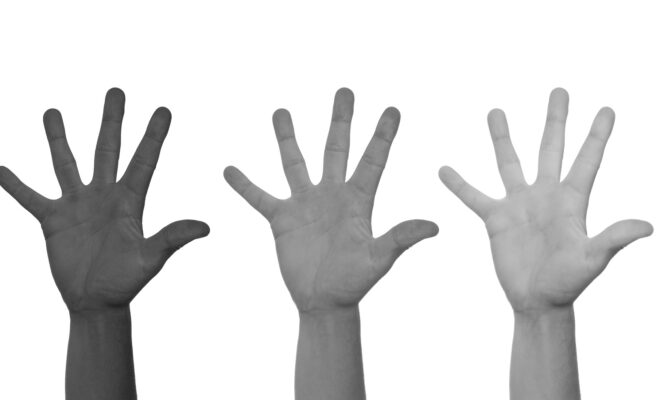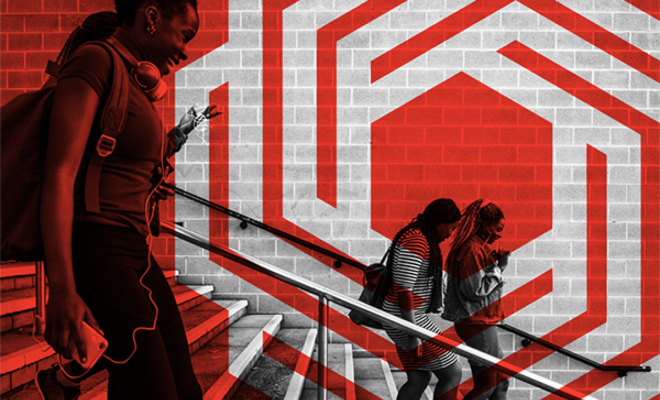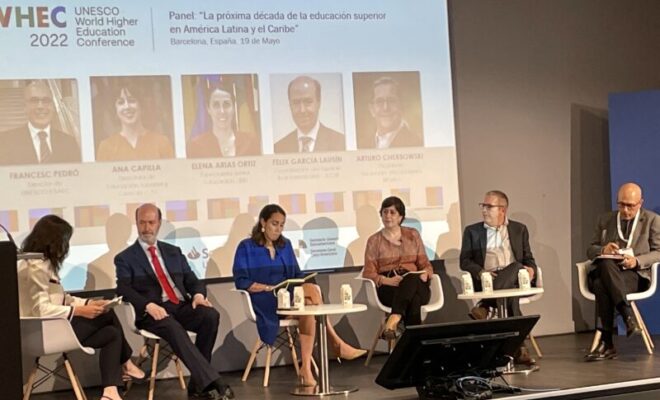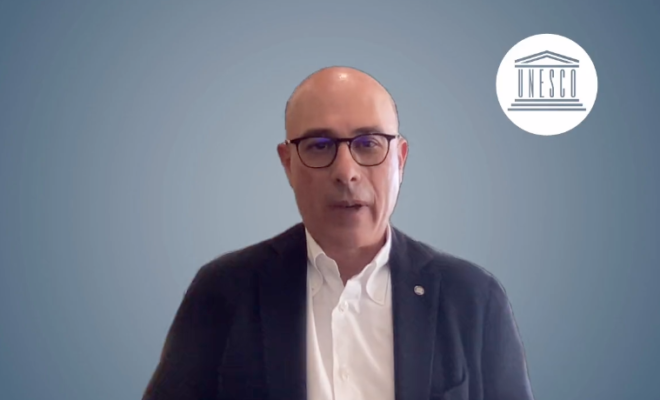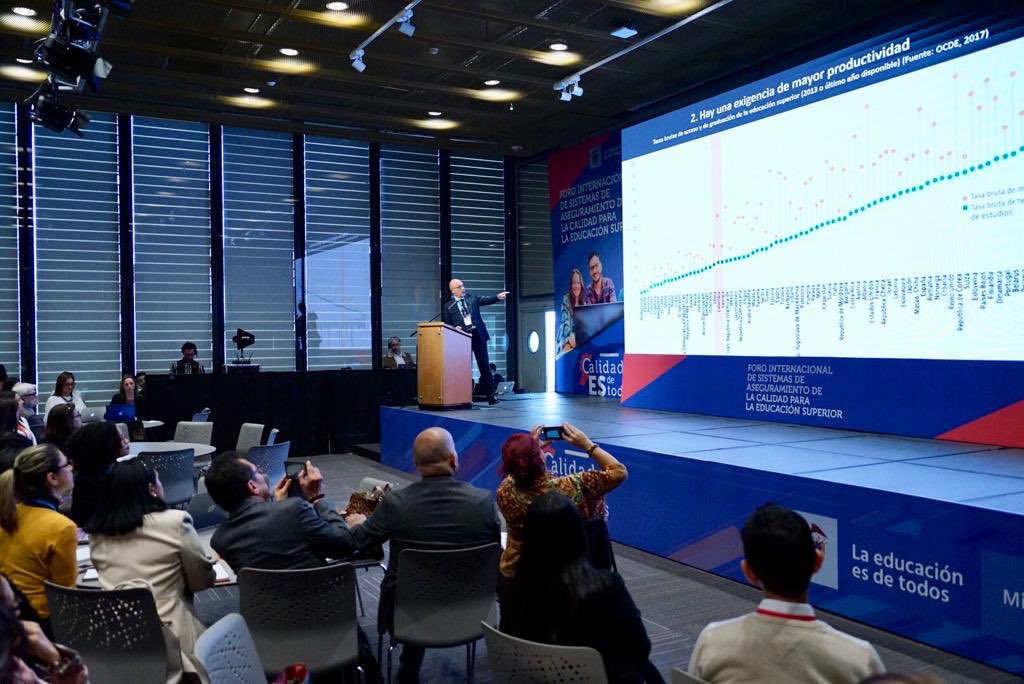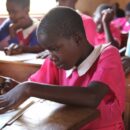Exploring international aid to higher education
Panelists: Michael Harms, Deputy Secretary General German Academic Exchange Service (DAAD), Germany; Hilde Elin Haaland-Kramer, Head of Department, Norwegian Directorate for Higher Education and Skills; Joanna Newman, Chief Executive and Secretary General, The Association of Commonwealth Universities (ACU); Mark Vlek de Coningh, Team Leader, Partnerships & Programme, Nuffic (Netherlands). Moderator: Victoria Galán-Muros, UNESCO IESALC. How important is higher education for the SDGs? 70% of the aid goes to scholarships; the easiest way to provide aid is through mobility programs, but it should not be the only way. Capacity-building should be further promoted to generate better mechanisms to improve the teaching […]
©
3 June, 2022

Panelists: Michael Harms, Deputy Secretary General German Academic Exchange Service (DAAD), Germany; Hilde Elin Haaland-Kramer, Head of Department, Norwegian Directorate for Higher Education and Skills; Joanna Newman, Chief Executive and Secretary General, The Association of Commonwealth Universities (ACU); Mark Vlek de Coningh, Team Leader, Partnerships & Programme, Nuffic (Netherlands).
Moderator: Victoria Galán-Muros, UNESCO IESALC.
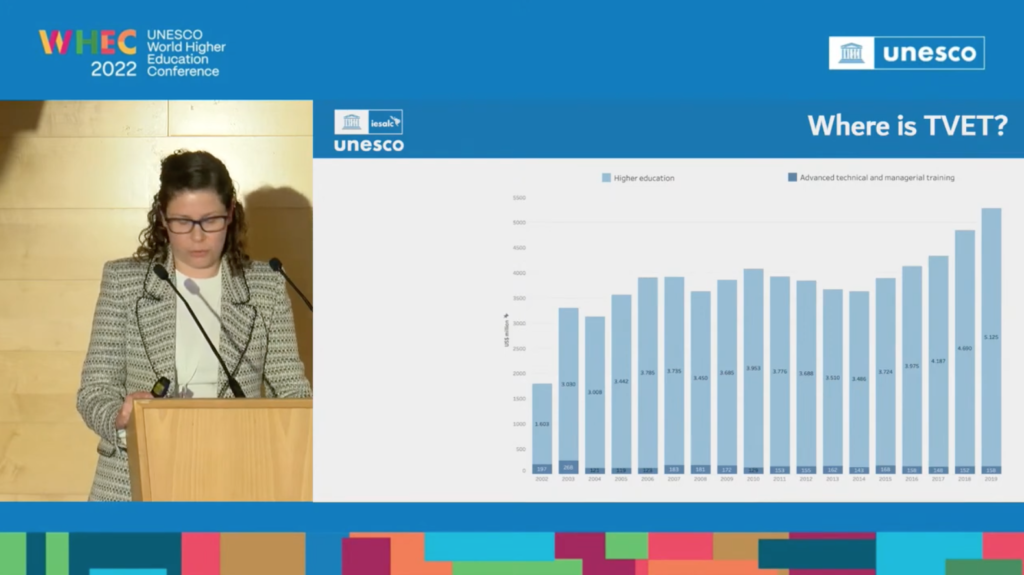
Keypoints
- How important is higher education for the SDGs? 70% of the aid goes to scholarships; the easiest way to provide aid is through mobility programs, but it should not be the only way.
- Capacity-building should be further promoted to generate better mechanisms to improve the teaching process and pedagogy so that primary and secondary education can also be strengthened. There should be a rebalance and a process to empower the community of recipient countries.
- In the case of Nuffic, there have been changes over time in terms of the regions prioritized. It is important to disaggregate the data much further in order to identify the implications of aid (country level and regions).
- Norway devotes most of its aid to countries in Africa and, for some years now, has focused on building the capacity of education systems in recipient countries.
- Scholarships are highly effective instruments to support individuals. Furthermore, it is a cost-efficient instrument, but scholarships are not enough, there is more to be done in terms of capacity building.
- It is important to invest in brains and personalities. The global south also benefits from the human capital that returned to their country. Apart from scholarships and capacity building, we need a good balance and generate strong structures with the partner country.
- TVET (Technical and Vocational Education and Training) needs to be exploredm , micro-credentials, and macro-credentials for vulnerable populations, such as migrants or refugees. In this sense financing is important.
- Covid-19 has invited us to rethink HE; there are lots of pathways between the colleges and universities that could be financed by TVET and different credentials need to be rethought.
- Localization and contextualization of the work are needed. Fragmentation and decolonization can be tackled by identifying the need of the recipient country.
- More discussion with the global south is needed to identify the needs for cooperation.
- How climate-friendly can we become when discussing mobilization to promote sustainable collaboration and inclusion.
- Co-creation, cooperation, and SDG impact are key.
- The table saw the official launch of the report Exploring international aid for tertiary education: recent development and current trends which aims to fill the information gap about tertiary education aid through a holistic overview that identifies the current trends and characteristics of international aid directed to TE. To achieve this objective the report: analyses the historical aid disbursements, contextualizes the key narratives and discussions and gives high-level recommendations.
Read report: Exploring international aid for tertiary education: recent development and current trends
Related posts
- Falling African share of tertiary education aid ‘a great concern’ (Times Higher Education)
- Aid to higher education reaches US$5.3 billion – Report (University World News)
RELATED ITEMS
